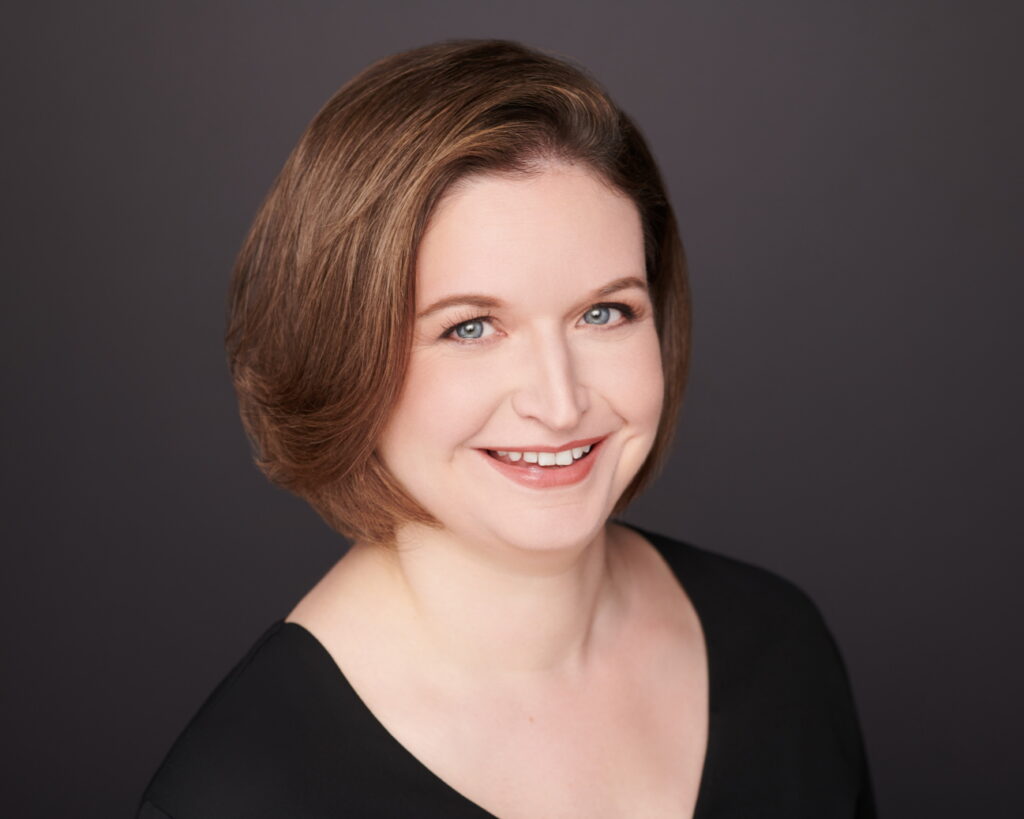
This workshop is a must-have for all new and current educators responsible for teaching about the Holocaust in their classrooms since Act 30 took effect. Hosted by the Nathan & Esther Pelz Holocaust Education Resource Center in partnership with the Wisconsin Department of Public Instruction.
Registration is open!
Full schedule coming soon!
1. Learn from experts in the field of Holocaust and genocide studies.
2. Join us as we explore engaging sessions in Holocaust history, including but not limited to; the Nazi leadership and decisions for the “Final Solution”, the euthanasia program, sexual violence in the camps, and postwar Germany.
3. Gain information and resources about the Holocaust and context for talking about other genocides in the classroom.
4. Make connections with educators in other areas.
Middle school and high school educators of Social Studies and English Language Arts. Act 30 is specific to Wisconsin, but there may be similar Holocaust and genocide mandated education in your state.
$25 – *Each registrant will have a choice between a few book titles from featured lecturers.
There will be approximately 4-5 hours of sessions per day with breaks. You will not be asked to complete assignments or readings prior to sessions.
Attending educators will be given a letter from the Wisconsin Department of Public Instruction stating the number of hours that have gone towards professional development.

KEYNOTE SPEAKER – Dr. Rebeccca Erbelding has been a historian, curator, and archivist at the U.S. Holocaust Memorial Museum for the past 22 years and served as the lead historian on the Museum’s special exhibition, Americans and the Holocaust. She holds a PhD in American history from George Mason University. Her first book, Rescue Board: The Untold Story of America’s Efforts to Save the Jews of Europe (Doubleday, 2018), won the National Jewish Book Award for excellence in writing based on archival research. She and her work are featured in the 2022 PBS documentary “The U.S. and the Holocaust,” directed by Ken Burns, Lynn Novick, and Sarah Botstein, a film for which she served as a historical advisor. She is currently writing Shelter on the Lake: 982 Holocaust Refugees and an American Small Town on the Fort Ontario Emergency Refugee Shelter (1944-1946), which will be published by Simon and Schuster in 2027.
Generously sponsored by:
In appreciation to the Conference on Jewish Material Claims Against Germany (ClaimsConference) for supporting this educator training program. Through recovering the assets of the victims of the Holocaust, the Claims Conference enables organizations around the world to provide education about the Shoah and to preserve the memory of those who perished.